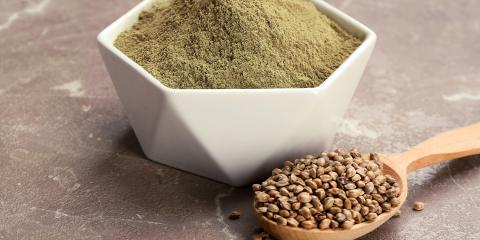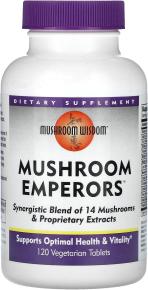More than a great way to add flavor to foods, garlic is a complex herb containing many nutrients, including calcium, magnesium, potassium, vitamin C, and selenium. Its components contribute many health benefits, and more than 1,800 scientific investigations support garlic’s use for a variety of health problems.
Several studies show that garlic can decrease the clotting tendencies of blood, thus lowering risk of heart attack and stroke.
Garlic’s benefits
A recent review of garlic studies at Albert Einstein College of Medicine in New York City concludes that garlic helps lower blood cholesterol levels—at least modestly.
The strongest evidence for this herb’s lipid-lowering potential comes from research at Penn State University and UCLA, which finds that aged garlic extract (AGE) cuts LDL (“lousy”) cholesterol levels by 8 percent and 22 percent, respectively.
The UCLA study also shows that AGE raises HDL (“healthy”) cholesterol, while lowering homocysteine (an amino acid linked to heart disease), inhibiting harmful plaque formation in the arteries, and stimulating circulation.
An investigation of patients with high blood pressure finds that taking aged garlic supplements for two months significantly lowers both systolic and diastolic blood pressure.
Safety first
Another benefit of garlic is its safety, with no serious side effects noted throughout thousands of years of use. Garlic has been used since the beginning of recorded history, and ancient medical texts from Egypt, Greece, Rome, China, and India each prescribed medical applications for garlic.
Garlic may increase the action of blood-thinning medications such as warfarin (Coumadin), however. So check with your healthcare provider before using. Also tell your physician if you’re taking garlic before you undergo any type of surgery.
Heard of hawthorn?
Hawthorn is one of the oldest known medicinal herbs in Europe. In fact, Germany’s Commission E (similar to the U.S. Food and Drug Administration) has approved the use of this plant’s leaf with flower for a number of heart problems.
The hawthorn berry is also used in various preparations in Europe and the U.S. hawthorn is believed to strengthen the heart as it lowers blood pressure and relaxes arteries. This herb is high in flavonoids, a class of phytochemicals (plant chemicals) with strong antioxidant effects. Flavonoids have been shown to lower blood pressure.
Besides being used to treat high blood pressure, hawthorn helps treat angina and irregular heartbeat. Angina is a tightness or pain in the chest due to insufficient blood reaching the heart. Anxiety, exercise, and stress can bring on angina by making the heart pump faster. Hawthorn, rich in magnesium and niacin (both useful in treating this condition), has been shown in German studies to benefit angina patients by improving blood flow and oxygen delivery while improving electrocardiogram readings.
More heart benefits
Arrhythmia, or irregular heartbeat, can result in pooling of blood and can lead to clotting, heart attack, or stroke. Animal studies suggest that hawthorn extract may protect against and even prevent death from arrhythmia.
Atherosclerosis (plaque containing cholesterol and lipids is deposited on artery walls) is the most common form of arteriosclerosis (thickening and hardening of the arteries). High cholesterol, obesity, a sedentary lifestyle, smoking, stress, and family history all contribute to the development of atherosclerosis. Hawthorn extract appears to prevent the deposit of cholesterol in the arteries and also dilates coronary blood vessels, which helps keep blood pressure down.




